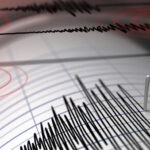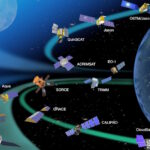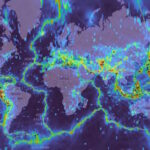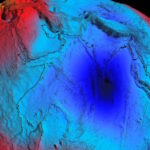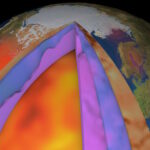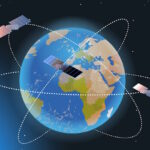The role of geolocation in geographical and geological research is very important. Geolocation enhances scientific understanding by properly tracking wildlife ecosystems. It opens new avenues for scientific research and revolutionizes field studies. It has an important role in advancing scientific frontiers. It unlocks the hidden mysteries of the earth. Nature explorers, archaeologists, and scientists use geolocation and improve their efforts in geological and geographical research. They delve deep into the earth’s deep and uncover its secrets. As a beginner in geolocation, you must know the basics and make an informed decision to efficiently use it.
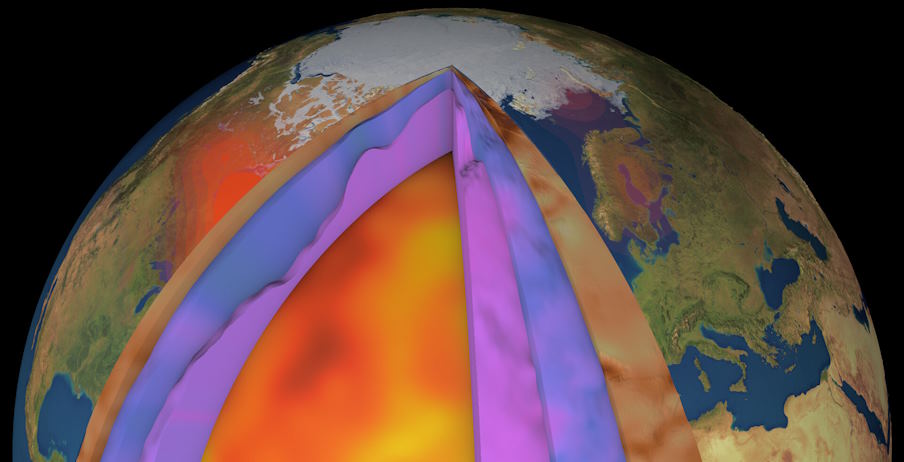
Understand the significant aspects of geolocation
Geolocation is about the identification or estimation of the real-world geographical location of an object or person using digital data, especially IP addresses, GPS coordinates, and cellular data. It lets researchers collect precise and real-time location-related details from different sources and assists them in analyzing geographical patterns with ease. It is useful in geological research especially for conducting surveys, exploring the structure of the earth, and mapping terrains. Experts in the technological revolution in Earth exploration can assist beginners in geolocation-related projects and guide them to enhance the geological research process.
Geolocation gives remarkable benefits to all users. Some of these benefits are accurate data collection, remote sensing, exploration and mining, and Paleo-geography research. Geolocation technology lets researchers collect reliable and accurate data regarding geological features, especially fault lines, rock formations, volcanic activity, and other things. It lets scientists remotely analyze and monitor geological phenomena as it uses satellite imagery and sensors. It aids in finding potential sites for mineral exploration and efficient mining activities. You can explore resources designed for analyzing the impact of technology on Earth’s exploration and make certain how to find hidden secrets of our planet without complexity.
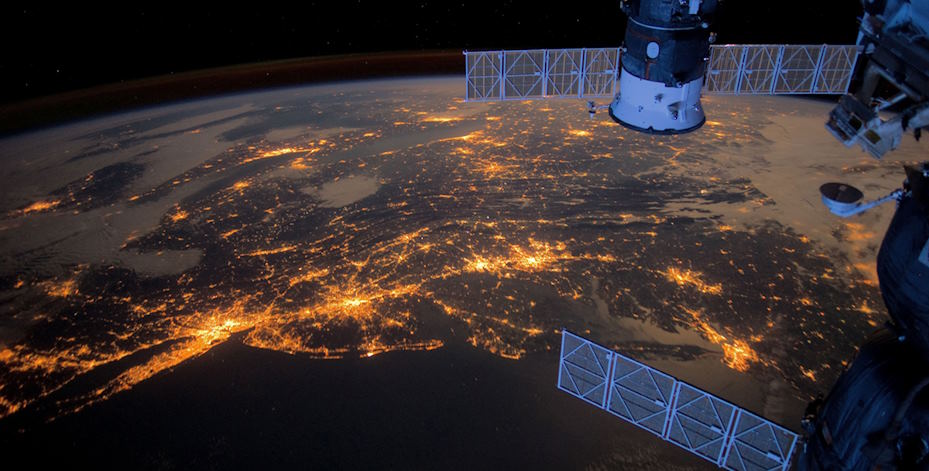
Different benefits of properly using the geolocation
Geolocation is very helpful in geographical research and gives several benefits for studying the human landscapes and physical landscapes of the earth. Researchers use geographical data to make precise and detailed maps for urban planning, navigation, transportation logistics, and other purposes. Geolocation technology lets scientists monitor climate change patterns across several regions. Researchers analyze the geospatial data to assess the impact of climate change and develop methods for mitigation and adoption. The geolocation technology enhances collaboration in global exploration efforts and analyzes the population density, social trends, and migration patterns. Experienced researchers use geolocation in their social science and demographics-related projects.



